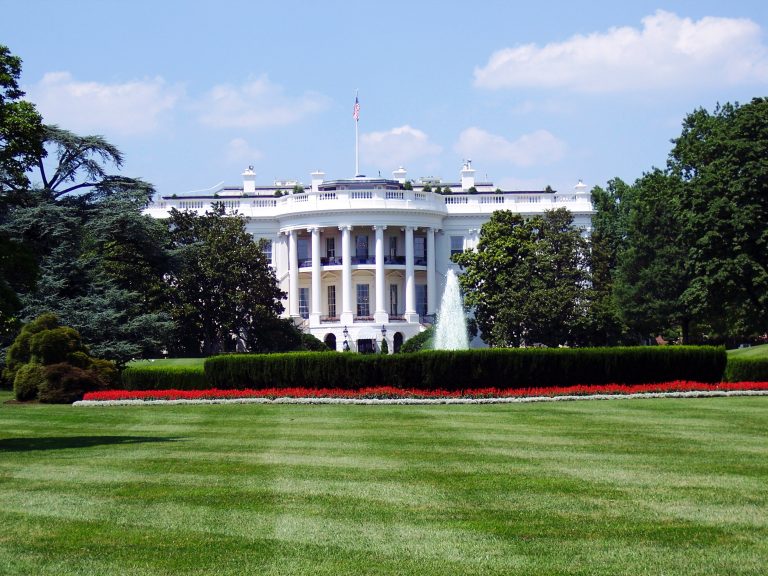Government shutdowns take place when appropriation bills or continuing resolutions that would fund the government aren’t passed. These temporary funding gaps can have a major impact on the economy. They lead to disruption of services, closures of national parks and government institutions, and, of course, a loss of revenue. Here are some areas to research for further reporting on this issue.
Economic damage of government shutdowns
Economic damage stemming from shutdowns depends on how long they last, among other factors. The financial ratings agency Standard & Poor’s estimated that the 2013 government shutdown took $24 billion out of the economy. Costs to analyze during shutdowns include the loss of government services. Additionally, because many public parks are shut down or are unstaffed or understaffed, these parks are sometimes damaged or vandalized.
But the economic impact of government shutdowns extend far beyond government workers and their families. The hotel and travel industries are financially impacted by reduced government travel. Because many parks are shuttered, tourism spending to hotels, restaurants, and retail shops surrounding those parks may fall.
No new military programs or spending are approved during government shutdowns. Small business loans are not given. And real estate sales are affected, too. Mortgage applications can be delayed, as can the processing of loan applications. Additionally, a survey conducted by the National Association of Realtors showed that some prospective buyers chose not to buy due to general economic uncertainty, even though they were not federal government employees.
Security clearances
Individuals seeking security clearance are subject to a background check and an interview. Applicants may receive a letter stating any concerns and are given the opportunity to respond. Financial insecurity is an area of concern that could be considered a counterintelligence risk.
Because government shutdowns can lead to financial instability and to debt, it’s possible that more applicants will be flagged for financial reasons. Industry security clearance decisions are public record and are available online. It may be worth analyzing whether there’s a change in the number of files flagged for financial reasons.
Shutdown effect on workers
A big problem with government shutdowns is the uncertainty of how long they will last, leading to workers having to stand in line at food banks. Some of these food banks need to be replenished after shutdowns end, which, combined with erratically scheduled food stamp benefits, can have a negative impact on food security.
In the most recent shutdown, airports reported long lines and flight delays, and air traffic controllers put pressure on the government to reopen, signifying that workers can have some impact on when shutdowns end.
Although furloughed federal workers typically receive back pay once continuing resolutions or appropriation bills end, this isn’t guaranteed, and federal contractors aren’t always as lucky.
Concerns about job stability and the potential of future shutdowns can lead to workers moving to the private sector .
Bottom Line
Government shutdowns have a far-reaching effect. Combine your reporting on specific policy changes interspersed with the hard numbers behind them with stories from people in your region or beat that are affected by government shutdowns. Whether shutdowns become more common or lawmakers decide to rule them out, keeping an eye on their long-term effects is a great starting step for local reporting.











